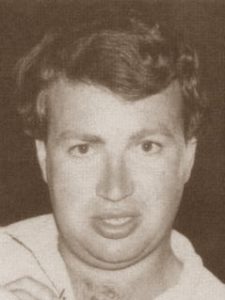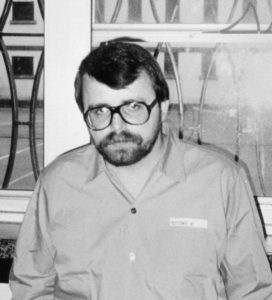 Harry Kakavas was born in Melbourne in the 1970s and moved to the Gold Coast in 2001.
Harry Kakavas was born in Melbourne in the 1970s and moved to the Gold Coast in 2001.
He lost over $1.5 billion at the Baccarat tables at Melbourne’s Crown Casino, making him one of the biggest losers in gambling history.
During the Early Years
Having grown up in Melbourne, Australia, Kakavas worked as an estate agent for Colliers Jardine. A gambling addiction began in 1993 when he began betting at sportsbooks. He mortgaged his parents’ house and borrowed money from his friends to fuel his gambling addiction. He served four months in jail for committing a $286,000 fraud for gambling funds in 1998.
In 2001, he moved to the Gold Coast, where he became a top estate agent.
Gambling addiction
The more properties he sold and the more money he made, the more he gambled. In Melbourne’s Crown Casino, he spent a great deal of time, and this is where he lost his $1.5billion betting $300 000 a hand on Baccarat. Although he occasionally won, he always had to put it back and finally began borrowing from friends, families, lawyers, and banks to fund his habit.
As a smooth talker, he convinced his friends that they were investing in his property deals. They had no idea that they were feeding his gambling habit.
Crown Casino
Despite being banned previously by Crown Casino, he threatened to sue them if they failed to lift the ban. They permitted him to play again a year later and made him feel like a billionaire by flying him to the Philippines in a private jet and presenting him with $50,000 as “lucky money.”
After losing all his money, Kakavas tried to sue Crown Casino for $35million, claiming they misled him and exploited his addiction.
He lost his case at the Victoria Supreme Court, which ruled that Australian courts would not give gamblers their money back.
The Kakvas team is back on the Gold Coast, selling houses on Hedges Avenue once more.
 He was born in 1956 in New Jersey, USA, as Thomas Hyland, aka Tommy Hyland.
He was born in 1956 in New Jersey, USA, as Thomas Hyland, aka Tommy Hyland. Introduction
Introduction Fouad al-Zayat was a Syrian gambler, businessman and investor who died in Lebanon in 2018 at the age of 77. Casino circles called him the “Fat Man.” One of the most secretive and inexhaustive gamblers in Mayfair in London, this billionaire frequently visited Aspinalls Club. In a single visit, he gambled thousands of pounds, which increased to more than a million pounds by the turn of the century.
Fouad al-Zayat was a Syrian gambler, businessman and investor who died in Lebanon in 2018 at the age of 77. Casino circles called him the “Fat Man.” One of the most secretive and inexhaustive gamblers in Mayfair in London, this billionaire frequently visited Aspinalls Club. In a single visit, he gambled thousands of pounds, which increased to more than a million pounds by the turn of the century. The Banker and Gambler with a Secret
The Banker and Gambler with a Secret